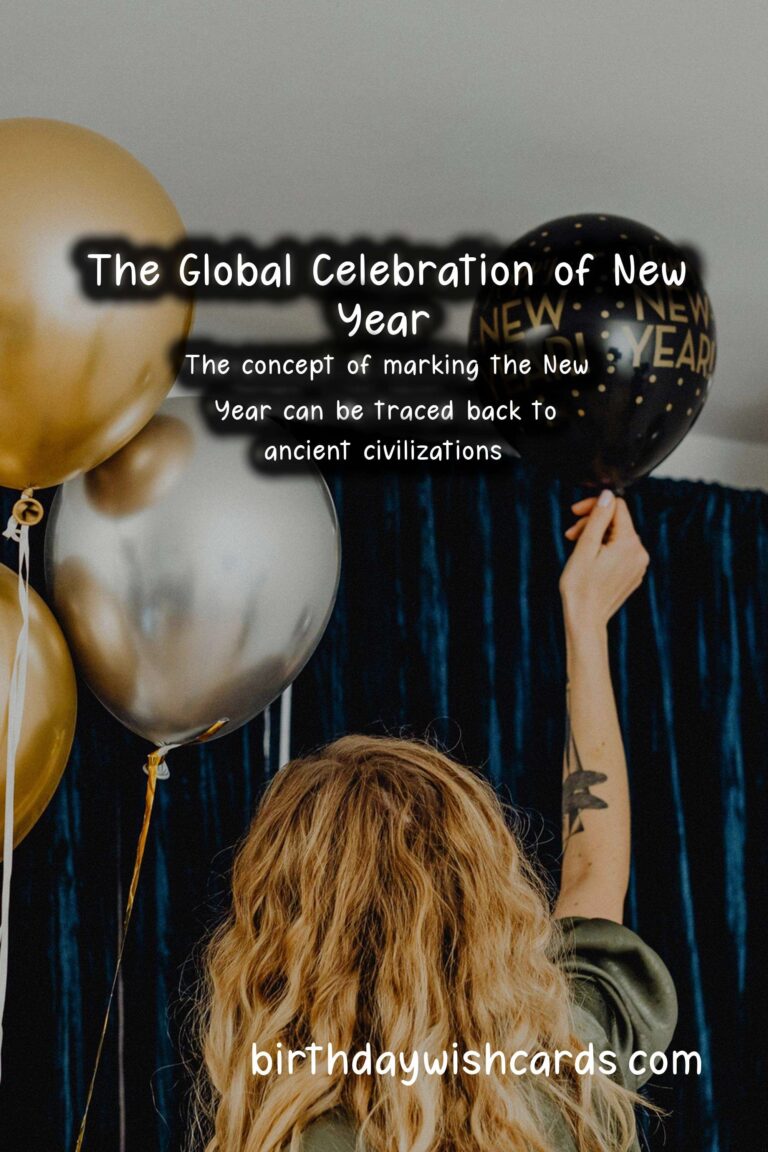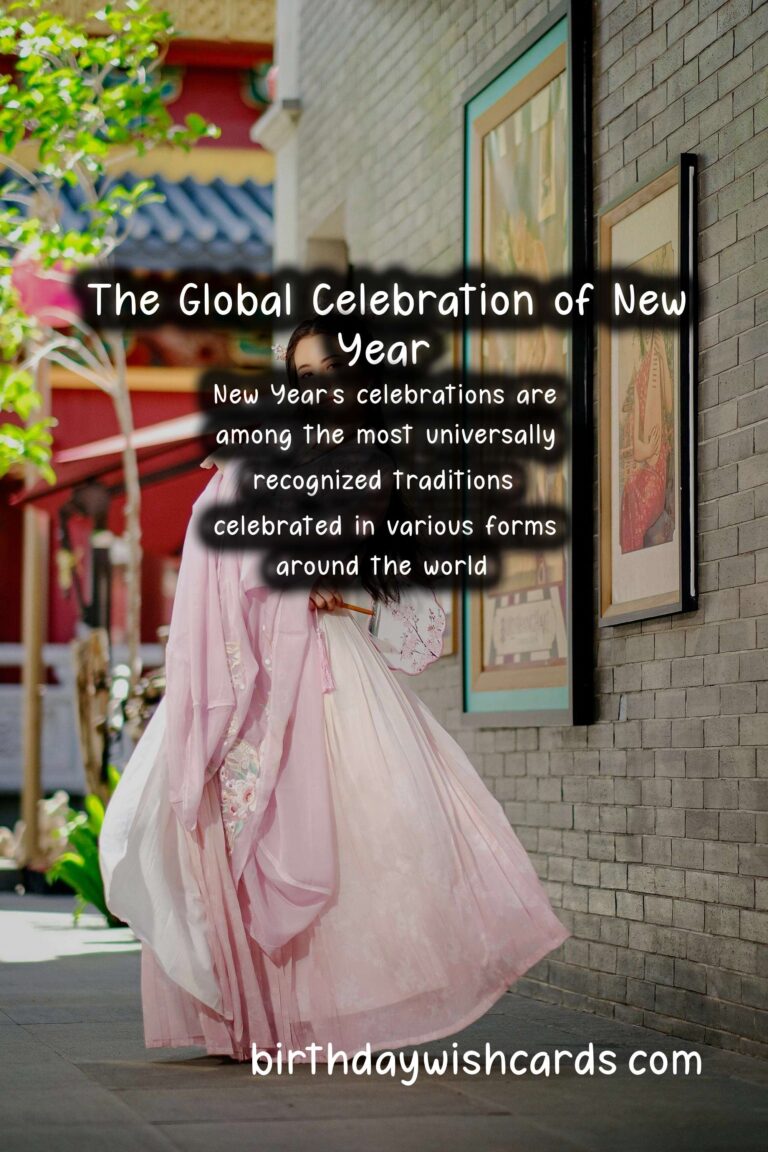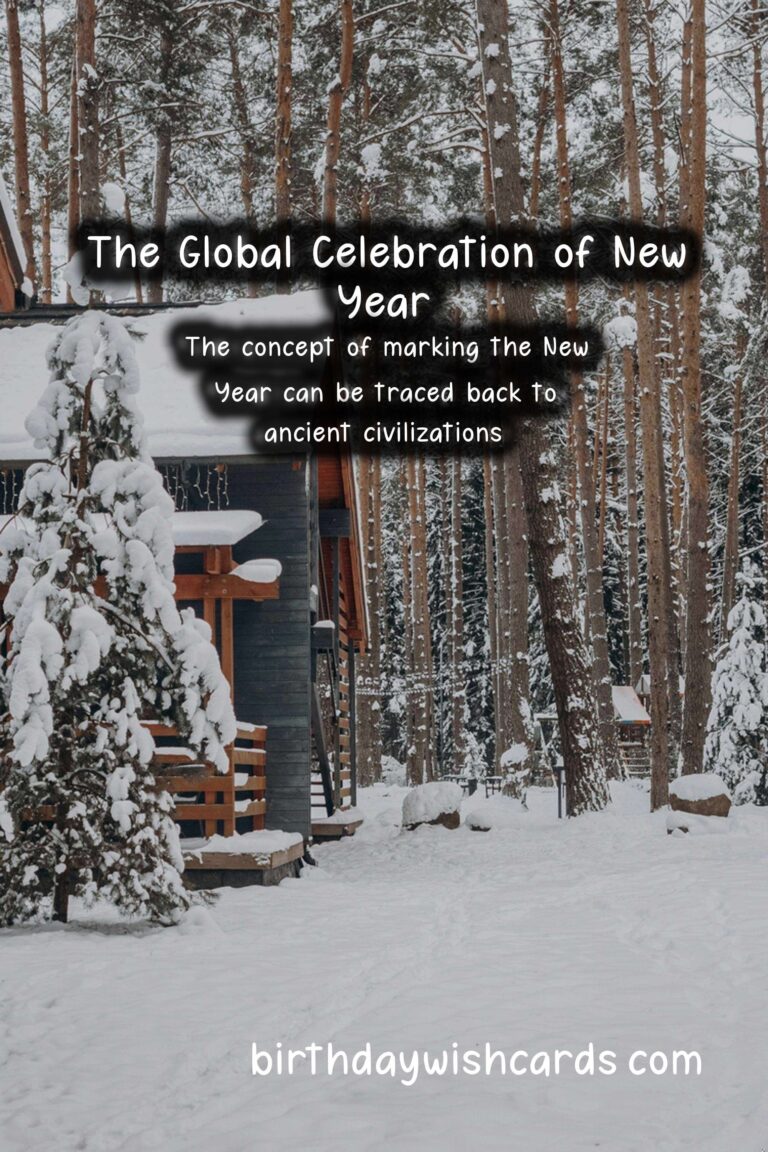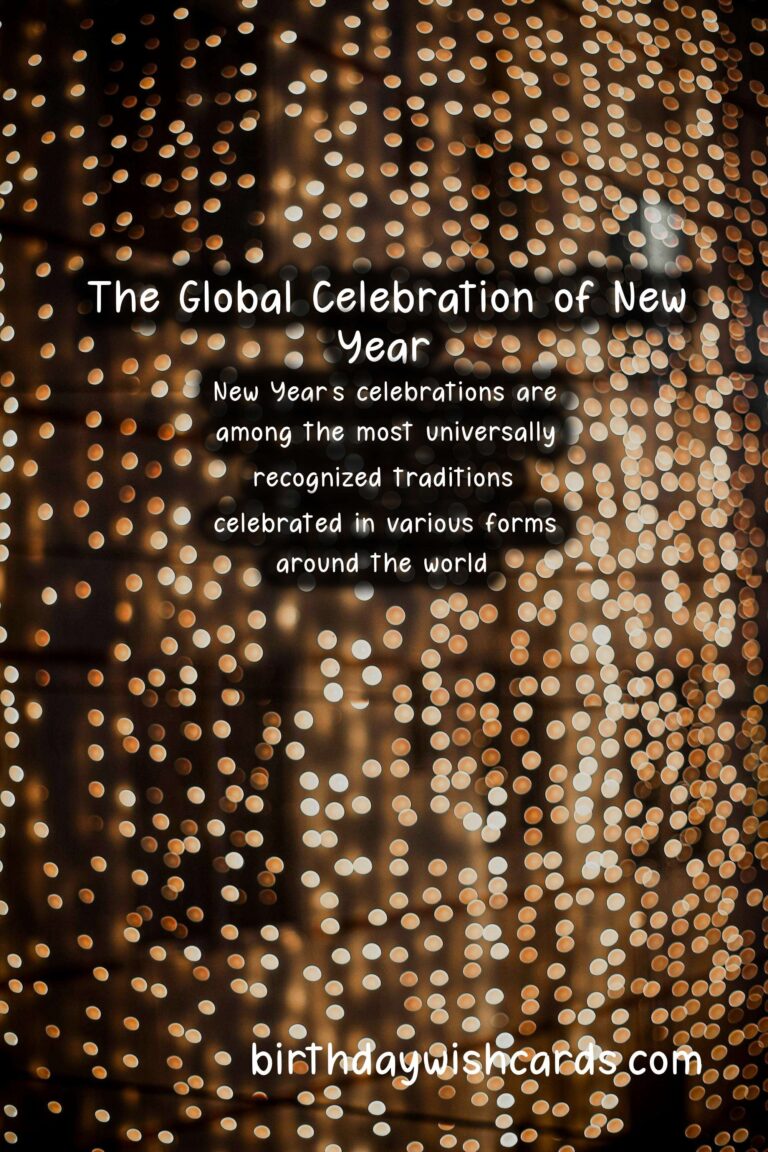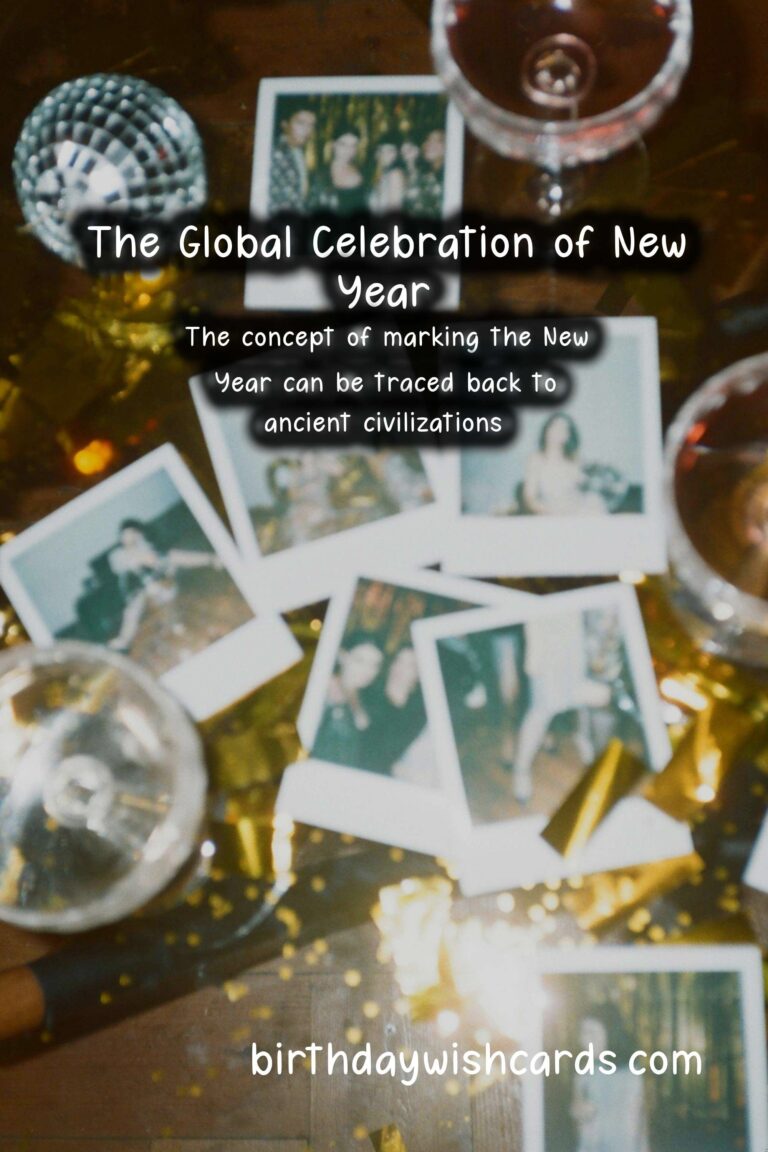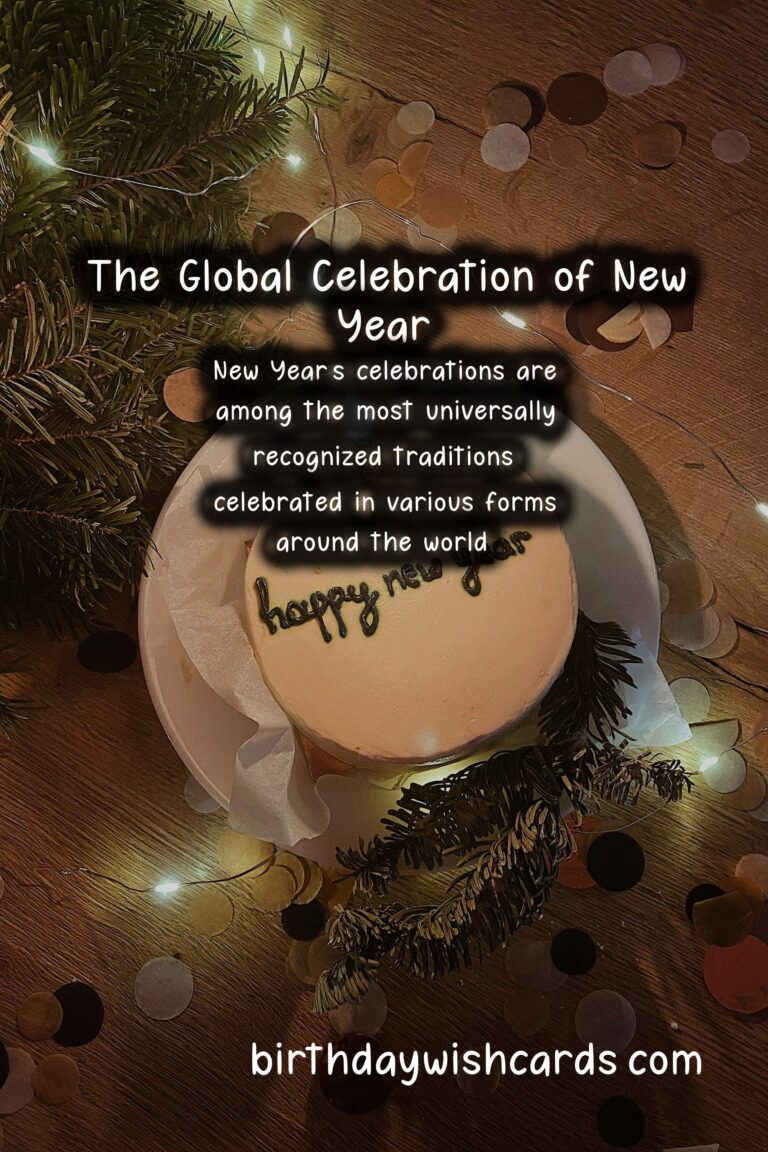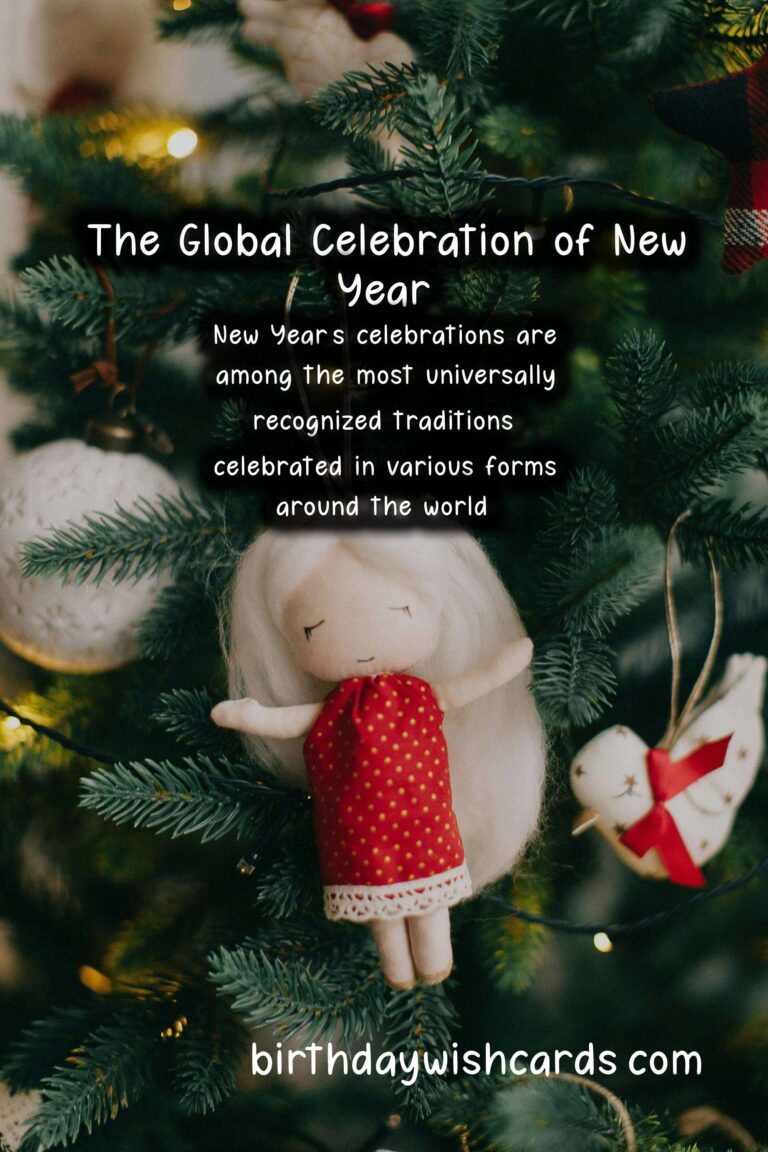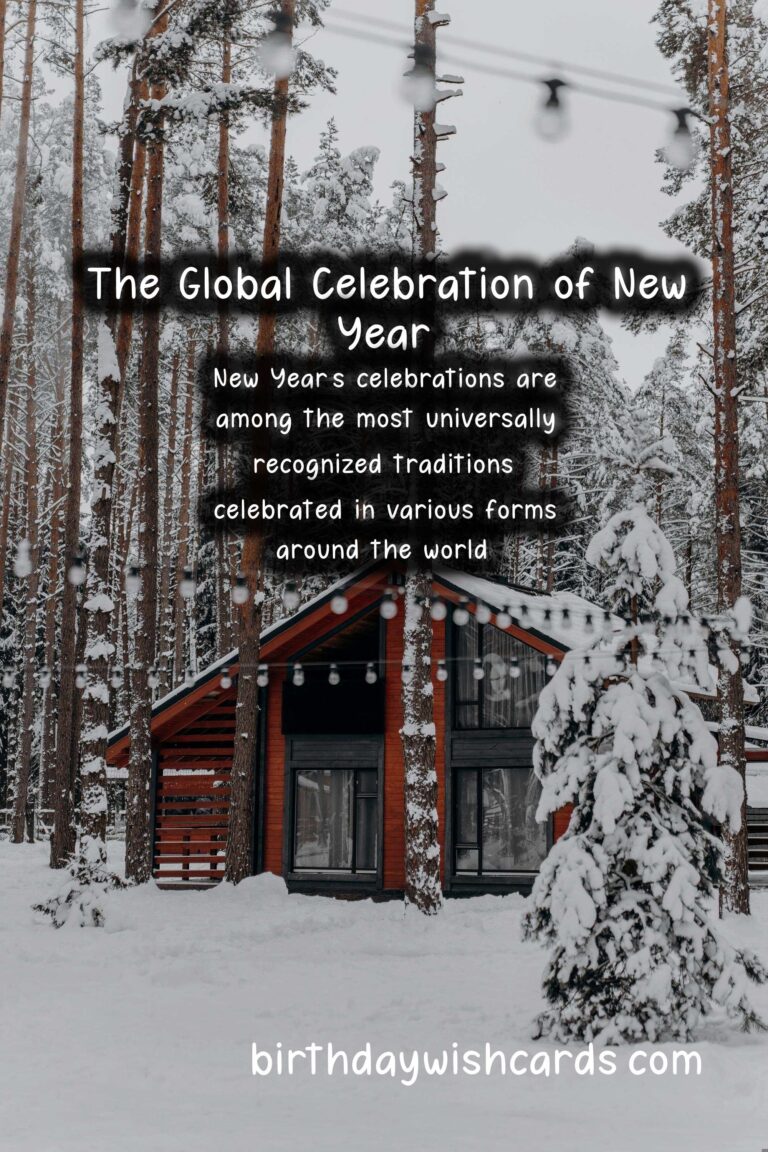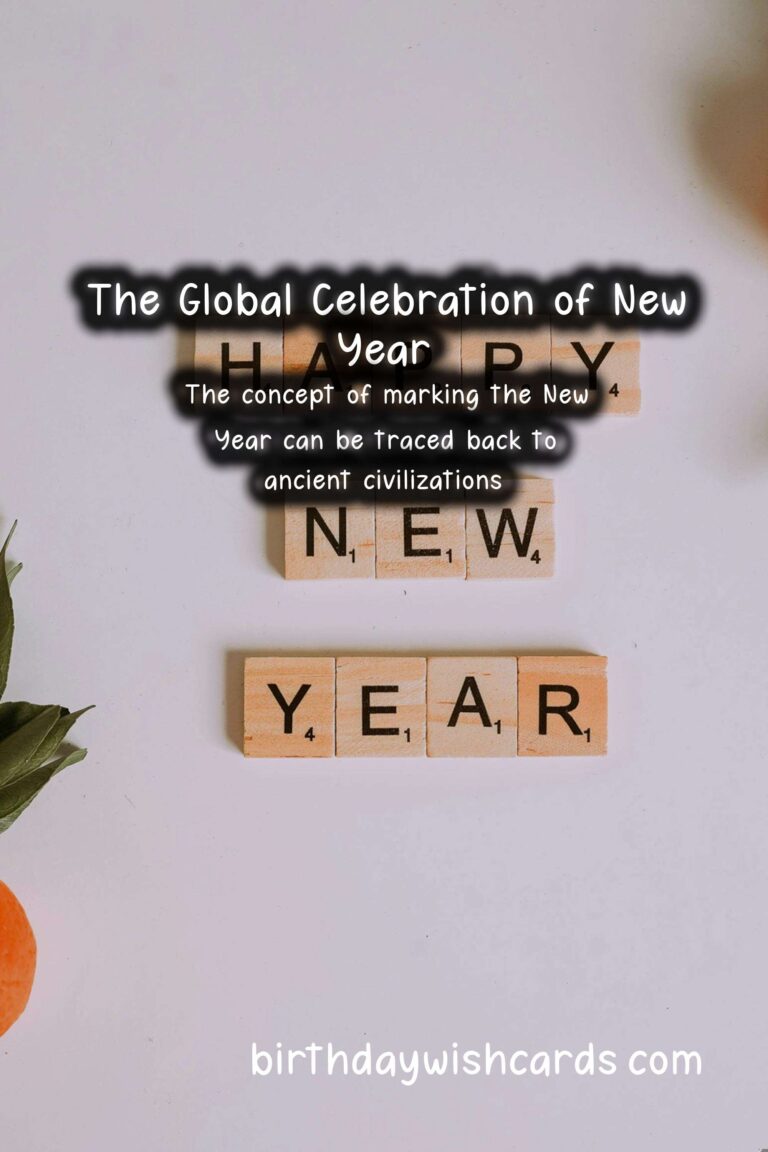
New Year’s celebrations are among the most universally recognized traditions, celebrated in various forms around the world. This article delves into the rich history behind the New Year, tracing its origins and transformations throughout the ages.
Ancient Beginnings of New Year
The concept of marking the New Year can be traced back to ancient civilizations. One of the earliest recorded New Year celebrations dates back to the Babylonian period around 2000 BC. The Babylonians celebrated the New Year during the vernal equinox in March, a time when day and night were approximately equal in length.
They honored the occasion with religious rituals, including a festival known as Akitu, which honored their chief god, Marduk. This festival where the New Year was celebrated lasted for several days and involved various rites, including the crowning of a new king or the reaffirmation of the old king’s reign.
Influences of Different Cultures
As time moved on, many cultures adopted their own New Year traditions influenced by their unique beliefs and practices. For instance, the ancient Egyptians celebrated their newfound year in mid-summer, aligning it with the annual flooding of the Nile, which was crucial to their agriculture and life.
Similarly, the ancient Greeks began their year by honoring Athena during the festival of Cybele in the springtime. In contrast, the Roman calendar introduced January 1st as the official start of the year around 153 BC, named after Janus, their two-faced god who could look in both the past and the future.
Transition to the Gregorian Calendar
The transition to the modern New Year celebrations took a significant turn with the implementation of the Gregorian calendar by Pope Gregory XIII in 1582. This reform adjusted the leap year cycle and ultimately shifted the New Year’s celebration to January 1st in numerous countries.
With the spread of Christianity throughout Europe, the adoption of the Gregorian calendar became the norm, leading to the establishment of January 1st as the date for New Year celebrations across many cultures and societies.
New Year Traditions Around the World
New Year celebrations vary significantly from country to country, influenced by local traditions, culture, and history. In the United States, New Year’s Day celebrations often include fireworks, parties, and the iconic ball drop in Times Square, New York City.
In Scotland, the celebration known as Hogmanay marks the New Year with a series of events and tradition, such as first-footing, where the first person to enter a household after midnight is believed to bring good luck. Many countries also embrace food, with special dishes symbolizing wealth, success, and prosperity being served at the New Year’s feast.
Reflections and Resolutions
The New Year often prompts individuals to reflect on the past year while looking forward to the future. This period of reflection also leads to resolutions, a practice rooted in ancient Babylonia, where promises were made to the gods in hopes of a fruitful year ahead.
Today, millions worldwide partake in setting personal goals and resolutions for self-improvement, health, and new experiences, showcasing an age-old tradition of ambition and hope.
Conclusion: New Beginnings
New Year’s celebrations continue to evolve, reflecting the nuances of culture, society, and personal aspiration. As communities across the globe commemorate this annual milestone, they not only mark the passage of time but also foster hope for new beginnings and fresh starts.
As we transition into a new year, the shared human experience remains evident in the myriad ways we choose to celebrate, reflecting our longing for connection, growth, and renewal.
New Year’s celebrations are among the most universally recognized traditions, celebrated in various forms around the world. The concept of marking the New Year can be traced back to ancient civilizations. 
